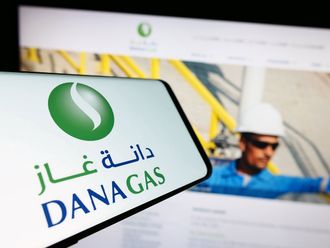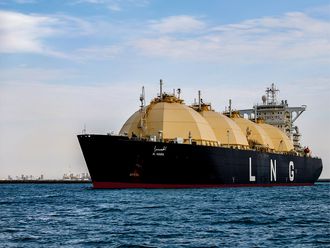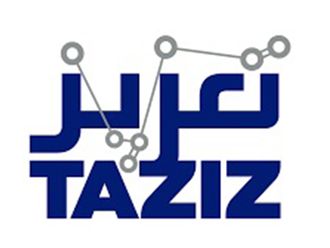Tehran: Current Opec president Iran will ask the oil producers' group, ahead of its Dec-ember meeting, to return output levels to where they were before the Libya crisis earlier this year, the Oil Ministry's SHANA website reported yesterday.
"We will ask the countries that increased their production when Libya stopped production to change the level of production to the previous level," SHANA quoted Oil Minister Rostam Qasimi as saying.
Iran successfully opposed a move led by the biggest producer Saudi Arabia at the last Opec meeting in June to raise Opec quotas to meet a shortfall in supplies from Libya.
Saudi Arabia and its Gulf Opec allies raised production anyway after the meeting — a move criticised by price hawk Iran.
The latest Reuters survey, published on October 31, showed overall Opec output had fallen for a second month as Saudi Arabia and other members reduced supply as Libyan output continued to recover.
‘Appropriate' price
The Organisation of Petroleum Exporting Countries meets on December 14 to set output policy and, with oil prices well above $100 (Dh367) a barrel, some Opec officials have indicated the group will not rush to adjust supplies.
Brent crude was steady above $114 a barrel yesterday, after sharp gains in the previous session and Qasimi said prices around or above $100 were "appropriate".
"The current situation of oil is relatively fair but as a producer we prefer that the price is better than its current level," he was quoted as saying by the official IRNA news agency.
Qasimi said sanctions that Western powers are threatening to tighten on Iran over its nuclear programme would not push up global crude prices.
"It doesn't seem that the oil price will have any change in this regard," he told IRNA when asked whether sanctions would push up oil prices.
His comments came a day after European Union diplomats told Reuters the EU was working on new sanctions on Iran in the wake of a UN report that presented what it called credible evidence of a military dimension to Iran's nuclear programme.
Washington is also looking at tighter sanctions on the fifth largest oil exporter, but new sanctions are unlikely to be directly aimed at restricting Iran's crude sales — something that could have a major impact on the global economy.












